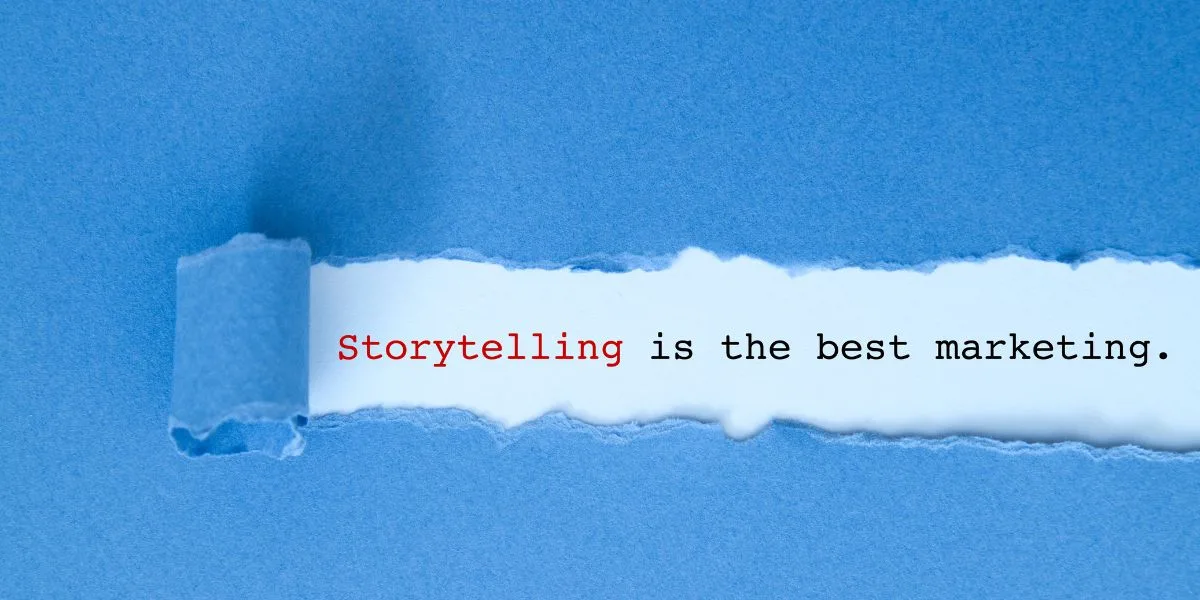Listen to this Article
Artificial Intelligence (AI) marketing has taken the world by storm, transforming industries and reshaping how we work, live, and market solutions. AI has ushered in an automation boom in content creation, promising efficiency and scalability like never before. However, this explosion in AI-generated content comes with its own risks and challenges. And that prompts a crucial need for standards and ethical considerations. Ready to learn more about the AI marketing content landscape, risks, and investment, and why establishing standards is an urgent necessity? Then, let’s dig in.
The AI Marketing Content Revolution
The rise of AI in content creation is undeniable. From chatbots and automated customer support to content generation for websites and marketing, AI algorithms produce text, images, and videos at unprecedented rates. In fact, 35% of companies are using AI, and 42% are exploring AI for implementation this year. This technology offers numerous advantages:
Efficiency and Consistency
AI can create content at speeds humans can’t match. This efficiency is particularly valuable in fast-paced industries like news reporting and e-commerce. Plus, it’s easier to maintain a consistent tone, style, and brand voice across large volumes of content, ensuring uniformity in messaging.
Cost-Effective and 24/7 Availability
With AI marketing, businesses can reduce labor costs associated with content creation and editing, making it an attractive option for companies seeking to optimize their budgets. And AI-powered systems can operate around the clock. This ensures businesses can respond to customer inquiries and monitor operations anytime, even outside regular working hours.
Scalability and Competitive Advantage
Businesses can quickly scale their content production to meet growing demands, allowing for rapid expansion. Plus, early adoption of AI ensures a competitive advantage by offering innovative products and services, improving customer experiences, and staying agile in a rapidly changing market.
Data Analysis, Insights, and Personalization
AI systems can analyze vast amounts of data quickly and accurately, providing valuable insights that can inform decision-making, identify trends, and optimize processes. With this data comes AI algorithms’ ability to target and analyze customer behavior and preferences. By delivering personalized marketing messages, product recommendations, and content, companies can increase conversion rates and customer loyalty.
Enhanced Customer Experiences
AI-powered chatbots and virtual assistants can provide round-the-clock customer support, answer inquiries, and resolve issues, improving customer satisfaction and engagement. Targeting the right audience and providing the services they want means more clients and better customer retention.
AI can potentially transform businesses of any size, increasing efficiency and productivity. Reducing mundane and repetitive tasks can increase creativity and innovation within your business and help spur growth. But it’s not without its risks.
Risks in AI Content Generation
While the benefits of AI content generation are evident, there are notable risks. Everyone who uses AI should be aware of how it can pose a threat to business objectives. Some of the most significant threats include:
Bias, Fairness, and Ethical Dilemmas
AI systems can perpetuate biases in their training data, leading to discriminatory outcomes in areas like hiring and lending. In addition, AI-driven decisions, especially in critical areas like healthcare and criminal justice, raise ethical questions about accountability and transparency.
Privacy Concerns and Security Threats
AI can collect and analyze vast amounts of personal data, raising privacy concerns about how that data is used and protected. And all that information can be vulnerable to attacks and misuse, including deepfake technology, which can create convincingly deceptive content.
Lack of Accountability and Quality Control
Determining responsibility for AI decisions can be challenging, potentially leaving individuals or organizations accountable for AI errors. Plus, AI-generated content might lack the nuanced understanding, creativity, and context that human creators bring. This can result in inaccuracies and insensitivity. Mistakes can bring massive repercussions to businesses internally and externally.
Job Displacement
Automation through AI can result in job displacement, particularly for tasks that AI systems can perform more efficiently than humans.
Regulatory Challenges and Plagiarism
AI regulations are evolving, and navigating compliance can be complex, posing legal risks for businesses. Without proper oversight, AI-generated content may inadvertently replicate existing content, leading to plagiarism and copyright infringement issues.
Loss of Control
As AI systems become more autonomous, there’s a risk of losing control over their actions and decisions.
With so many potential risks, how can businesses monitor and avoid AI issues and still reap the benefits? While some aspects of business will shrink as AI becomes more prominent, other parts of companies will have to fill in. And particularly positions where the use of AI is monitored and responded to in real-time.
Investing in AI Content
Organizations must make strategic investments to harness the benefits of AI content creation while mitigating risks. AI, for the foreseeable future, will not be a set-it-and-forget-it solution. For all its value and abilities, it cannot run without human interaction and guidance. Or at least, it would be unwise for businesses to do so. So, how can professionals set up guidelines for AI usage so they can reap the benefits without damaging their business?
Quality Assurance
Implement robust quality control processes to review and refine AI-generated content, ensuring accuracy and relevance. By setting clearly defined goals, monitoring quality control, and auditing regularly for ethical issues and algorithm shifts, businesses can avoid the complications inherent in AI usage.
Human Oversight and Employee Education
Combine AI marketing with human creativity and judgment to enhance content quality and maintain ethical standards. In order to use AI effectively, businesses must invest in training employees to work alongside AI systems, fostering a symbiotic relationship.
Ethical Guidelines
Develop and adhere to ethical guidelines prioritizing truthfulness, transparency, and user well-being. Audits should be completed regularly and on all AI platforms to ensure biases are mitigated, and unethical behaviors by AI are identified early.
The Urgent Need for Standards
As AI content continues to increase, there’s a pressing need for industry-wide standards for all the risks listed above. The U.S. outlined AI policy and updated the National AI R&D Strategic Plan for AI research, and asked for public input in May 2023. The EU is also working to navigate industry standards to define and control the use of AI. But what standards are needed? There are four main areas at the forefront of businesses:
- Content Verification: Establish standards for content verification to ensure accuracy and authenticity, particularly in critical fields like news and healthcare.
- Ethical Guidelines: Develop and enforce ethical guidelines that AI content creators must adhere to, promoting responsible AI usage.
- User Protection: Prioritize user data protection and privacy in AI-generated content, adhering to legal standards and best practices.
- Transparency: Implement transparency standards that require clear labeling of AI-generated content to inform users.
The Future of AI
In conclusion, the AI content boom is reshaping industries and offering incredible potential. And savvy businesses are already getting on board with artificial intelligence to streamline processes, improve productivity, and automate features. However, it’s imperative to recognize and address the associated risks. Through strategic investments and establishing industry-wide standards, we can navigate this AI-driven revolution responsibly, ensuring that AI content serves as a force for good in our rapidly evolving digital landscape.










